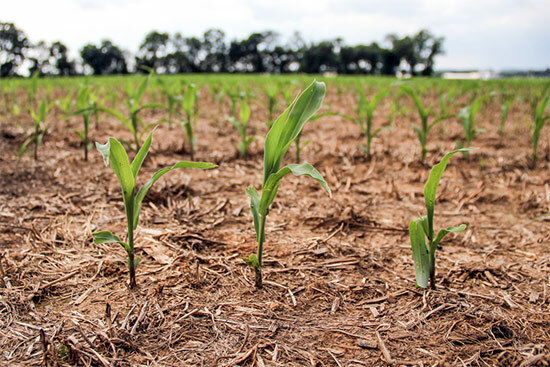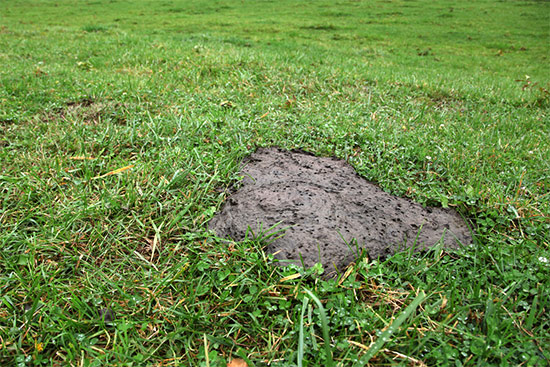Reducing agricultural runoff creates clean water in Chesapeake Bay
Scientists link on-farm best management practices with improvements in water quality.
Reducing runoff from farmland has lowered pollution in Maryland, Virginia and Pennsylvania waters, indicating a boost in on-farm best management practices could lead to improved water quality in the Chesapeake Bay.

In a report released earlier this year, researchers with the Chesapeake Bay Program, the University of Maryland Center for Environmental Science (UMCES) and the U.S. Geological Survey (USGS) use case studies to show that planting cover crops, managing manure and excluding cattle from rivers and streams can lower nutrient concentrations and, in some cases, sediment loads in nearby waters.
Excess nutrients and sediment have long impaired the Bay: nitrogen and phosphorous can fuel the growth of algae blooms and lead to low-oxygen dead zones that suffocate marine life, while sediment can cloud the water and suffocate shellfish. In New Insights: Science-based evidence of water quality improvements, challenges and opportunities in the Chesapeake, scientists make clear that putting nutrient- and sediment-reducing practices in place on farms can improve water quality and aquatic habitat in as little as one to six years.

Planting winter cover crops on farm fields in the Wye River basin, for instance, lowered the amount of nutrients leaching into local groundwater, while planting cover crops and exporting nutrient-rich rich poultry litter in the upper Pocomoke River watershed lowered the amount of nitrogen and phosphorous in the Eastern Shore waterway. In addition, several studies in Maryland, Virginia and Pennsylvania showed that when cattle were excluded from streams, plant growth rebounded, nutrient and sediment levels declined and stream habitat and bank stability improved.

Image courtesy Chiot's Run/Flickr
Earlier this week, U.S. Department of Agriculture Secretary Tom Vilsack named the Bay watershed one of eight “critical conservation areas” under the new Farm Bill’s Regional Conservation Partnership Program, which will bring farmers and watershed organizations together to earn funds for soil and water conservation.

Comments
Thx for this artical
i agree
hi thx this helped me so much
This is an awesome article because it has lots of information
Wow! I learned so much from this artical! thank you!
Thank you!
Your comment has been received. Before it can be published, the comment will be reviewed by our team to ensure it adheres with our rules of engagement.
Back to recent stories